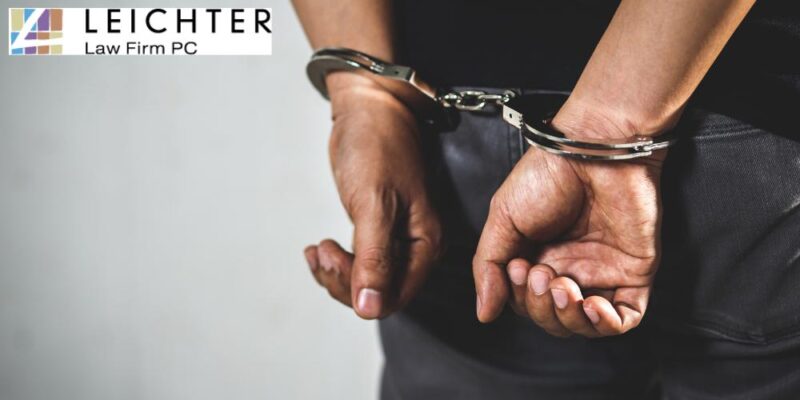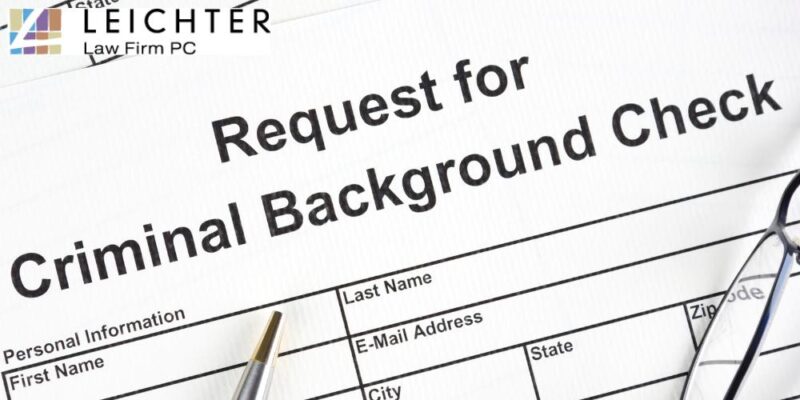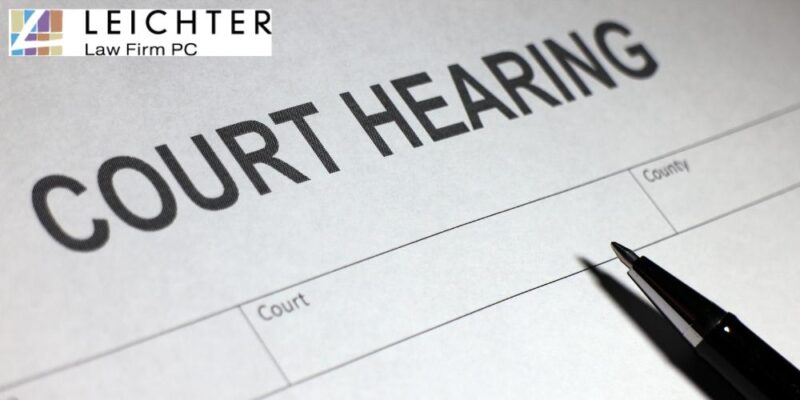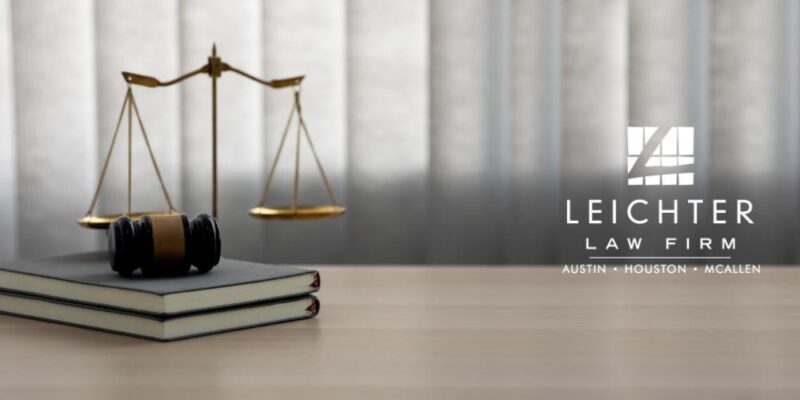Criminal Convictions and Professional Licenses in Texas
How Do Criminal Convictions Affect Professional Licenses in Texas?
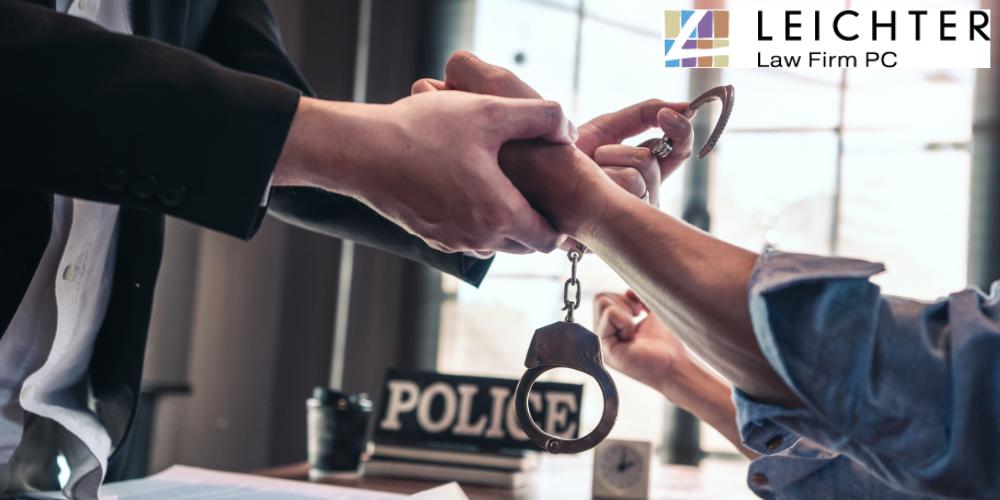
Criminal charges can have serious consequences, including expensive fines, loss of certain freedoms, and even jail time. Unfortunately, if you are a licensed professional, the consequences of a conviction may go beyond any criminal penalties you face. Under Texas law, your license may also be suspended or revoked due to your conviction. In other words, professional licenses and convictions do not mesh well.
If you are facing accusations that could pose a threat to your career, you need dedicated and experienced legal assistance. To discuss your case with a Texas criminal defense attorney for professionals, call the Leichter Law Firm at 512-495-9995. We will review the facts of your case and give you sound legal advice on the best course of action.
Protecting Your Professional License When Accused of a Crime in Texas
Arrests, accusations, charges, and criminal convictions can potentially bring serious consequences in your professional life. For this reason, we strongly recommend speaking with a criminal defense attorney who is experienced in defending professionals and their licenses. At Leichter Law, our criminal defense lawyers are extremely skilled in defending professionals against convictions that could affect their licenses, as well as defending licenses in the event of a hearing.
If you are a licensed professional who fears the possibility of losing your professional license, our attorneys are here to help. We understand the nuances of professional licenses and convictions, and we have considerable experience defending licensees.
Licensing and Criminal Convictions
Both states and the federal government have specific rules regarding how a licensee’s or applicant’s criminal history may affect their professional license. The Texas Department of Licensing and Regulation (TDLR) provides guidelines for the processes of determining the following.
- Whether an applicant is deemed unsuitable for the license they applied for
- Whether a criminal conviction warrants license suspension or revocation
These guidelines are laid out in the Texas Occupations Code § 53.025(a). If you are facing potential professional licensing consequences, the best thing you can do is speak with an attorney. Any licensing board will be more well-versed in its own rules and regulations than the average licensed individual. However, you can give yourself an advantage in your case by having a criminal and administrative lawyer on your side.
Drug and Alcohol-Related Convictions
DUI charges and drug crimes are very serious accusations, let alone convictions, for a licensee. In fact, many licensing boards in many states require self-reporting of DUI arrests, as well as charges and convictions. The reason is that these crimes cast doubt on the competency and trustworthiness of professionals. Licensing boards exist to protect the best interests of the public, not the license holders.
In other words, licensing agencies won’t be on your side if your professional license is at stake. It helps to work with a seasoned attorney for your case, as they will have what it takes to defend you against a criminal conviction or disciplinary action.
Fraud and Financial Crime Convictions
For any occupational license holder, it is crucial that they maintain a high level of trust between themselves and the public. Convictions involving fraud or other financial crimes can severely damage this trust. It is common for professionals to lose their licenses when they are convicted of financial crimes that are directly related to their profession.
Those facing professional license consequences from accusations or convictions of financial crimes would greatly benefit from legal counsel. Professional licensing authorities take all criminal conduct seriously, including financial and white-collar crimes. Having an attorney to represent your best interests will ensure that your rights are protected.
Violent Crime Convictions
Many violent crimes will result in a felony criminal charge, which is more likely to impact an occupational license than a misdemeanor. Additionally, violent crimes like abuse will also increase the risk of losing one’s license if they have multiple convictions on their criminal record. Regardless of where or when these crimes occurred, the licensing authority will take even arrests very seriously.
Failure to Report a Criminal Conviction
Many licensing authorities require full disclosure of any criminal records for applicants and license holders. If someone is arrested, charged, or convicted of criminal conduct and tries to hide this information, this action could trigger an investigation into the case.
When a licensing authority requires self-reporting of criminal cases, failure to report could warrant disciplinary action. However, even if you are required to self-report, we strongly recommend speaking with a seasoned attorney before doing so. This will ensure that you don’t incriminate yourself or say anything that could damage your case.
Grounds for License Suspension or Revocation
The grounds for license suspension and revocation can vary depending on the field in which you are licensed. In general, your license can be suspended or revoked if you are convicted of any offense directly related to your profession. When deciding whether an offense is related to your occupation, the courts will consider several factors. These include:
- The nature of the offense
- The extent to which the offense affects your ability to perform your job
- Whether or not your job offers opportunities to repeat the offense
- The effect of the offense on your job qualifications
In addition, there are circumstances in which your license can be revoked even if your arrest does not lead to a conviction. For example, if you are found to violate the terms of your probation or parole, or if you are considered a potential danger to your clients, your license may be suspended or revoked. Additionally, licensing agencies often consider supervision that does not result in a conviction, such as Deferred Adjudication, as a conviction for licensure purposes.
The laws and regulations concerning disciplinary actions for professionals are complex. If you are a licensed professional who has been accused of a criminal offense, you need to discuss your case with a knowledgeable Texas professional license defense lawyer.
What Factors Are Used to Determine Whether My Conviction Will Affect My License?
Licensing agencies take many factors into consideration when deciding whether a felony or misdemeanor conviction will negatively impact your license. Examples of these factors include the following.
- The severity of the charge or conviction (infractions, misdemeanors, or felonies)
- The type of license you have
- Whether you were only arrested, or if you were also charged
- The type of crime (violent crimes, financial crimes, drug crimes, sex crimes, etc.)
- Whether or not this is your first arrest, charge, or conviction
- How long ago you were convicted of the crime
- Whether or not the charge resulted in a conviction
- How long you have had your license, or if you are in the process of obtaining a license
- The underlying details of your case
- Whether or not the conviction was expunged
A licensing agency will take all of the above factors, plus many more, into consideration when deciding on your case. Having an attorney present during your administrative hearing, if your case gets to that point, would be invaluable. It can be intimidating to face a licensing authority or administrative law judge alone, but a skilled attorney will support you through the process.
How Do Licensing Boards Find Out About Criminal Convictions?
If a licensing agency does not require self-reporting, how would they find out about a criminal conviction? For starters, many licensing authorities require licensees to update their employers with any changes to their criminal records. This is the case with many healthcare professions. However, others require self-reporting as soon as possible for each change in their criminal history or to report the arrest, charge, or conviction at the time of license renewal.
Background checks are another common way a licensing agency may discover a criminal arrest, charge, or conviction. When someone applies for a license or a renewal of their license, the board may perform a background check. Any changes to the criminal records of license applicants or licensees may be investigated by the board.
Am I Required to Report a Criminal Conviction to the Licensing Board?
It depends. Different boards and professions have different reporting requirements. For example, attorneys have mandatory self-reporting requirements, meaning they must report a criminal conviction within a reasonable time after it happens. In general, an established licensing agency will perform regular checks of the state’s public criminal records. Through these records, they can see arrests, citations, infractions, and criminal convictions.
What Will the Licensing Board Do When They Learn of a Conviction?
When the board discovers a criminal conviction, they will likely notify the applicant or licensee about their duty of disclosing information about the incident. Depending on the facts of the case, they may even open their own investigation. If the licensee’s or applicant’s conviction history is serious, this may lead to an administrative hearing.
If this is the case, it is imperative that the applicant or licensee speak with an attorney. Taking on a licensing board alone can be a daunting task, but luckily, the team at Leichter Law is prepared to support you. Our attorneys have what it takes to both defend you against criminal charges and to defend your license in the event of disciplinary action.
Consequences and Disciplinary Actions Against Your Professional License
When boards decide to discipline licensed professionals, there are a few disciplinary actions they may take. Depending on the profession, as well as the violation, the following measures may be taken.
- Written or verbal warnings
- Citations
- Fines and fees
- Diversion programs
- Substance abuse education and treatment
- Testing for drugs or alcohol
- Restrictions or supervision on practice
- Probationary periods
- Suspension of license
- Revocation of license
Will an Expunged Criminal Record Affect My Professional License?
Again, this depends on your profession, the licensing authority involved, and the details of the criminal record in question. In terms of traditional background checks, expunged records will not show up in the results. However, certain licensing authorities may ask applicants to disclose expunged records anyway. If you have an expunged criminal record and you want to renew your license or apply for a new one, your best bet is to speak with an attorney about what steps to take.
How Can a Criminal Defense and Administrative Law Attorney Help Me?
While you could seek help from either a criminal defense attorney or an administrative law attorney, your best bet is to look for an attorney with experience in both fields. This is because the realms of criminal and administrative law intersect when a licensed professional is convicted of a crime.
They may face both criminal penalties and professional discipline or reprimands. In other words, a conviction has the potential to derail your life. Working with an experienced attorney will give you the best possible chance of protecting yourself, your license, and your livelihood. Without skilled legal counsel, you may be left at the mercy of the licensing board.
Why Choose Leichter Law for My Case?
Leichter Law is uniquely qualified to handle cases that involve multiple areas of law, namely criminal and administrative law. If someone with a professional license faces a criminal conviction, they may face more than just criminal penalties. They may also face adverse action against their professional licenses, such as suspension or revocation.
Licensed professionals who are facing criminal cases in Texas should speak with a skilled defense lawyer who understands the effects they may have on their licenses. Professional licensing boards won’t cut you any slack in an administrative hearing, so you should always take these cases seriously.
Contact a Texas Criminal Defense Attorney for Professionals with Leichter Law Today
At the Leichter Law Firm, we are fully committed to fighting for our clients’ professional futures. Your life and livelihood may hinge on a baseless accusation, misunderstanding, or simple mistake. Our criminal defense lawyers also have considerable experience in administrative law, so you can rest assured you’ll get the best legal counsel with us. To discuss how our Texas professional criminal defense lawyers can help you, contact us by calling 512-495-9995.
Get in Touch
Office Locations
1602 E 7th St
Austin, TX 78702
Phone: (512) 495-9995
Get Directions
3700 N Main St
Houston, TX 77009
Phone: (713) 714-2446
Get Directions
214 N 16th St #128
McAllen, TX 78501
Phone: (956) 205-0884
Get Directions

